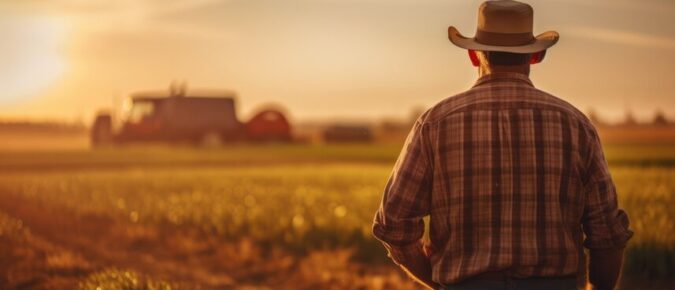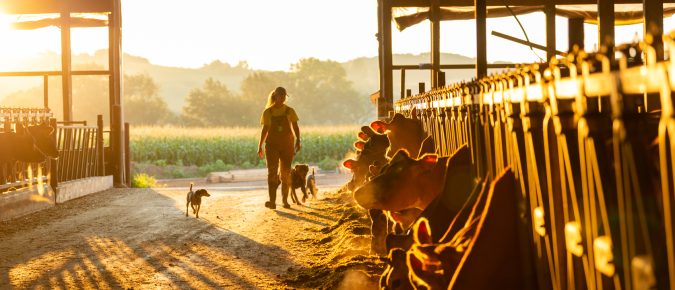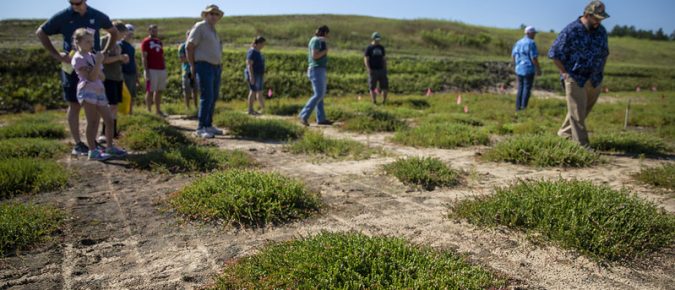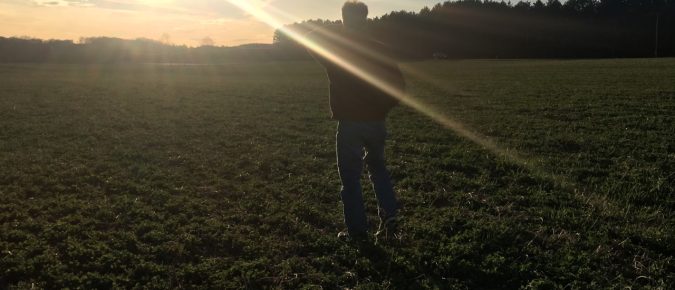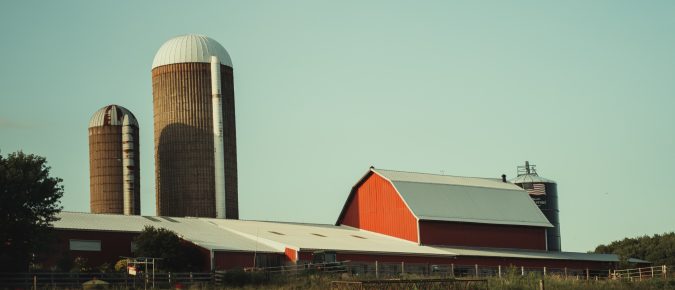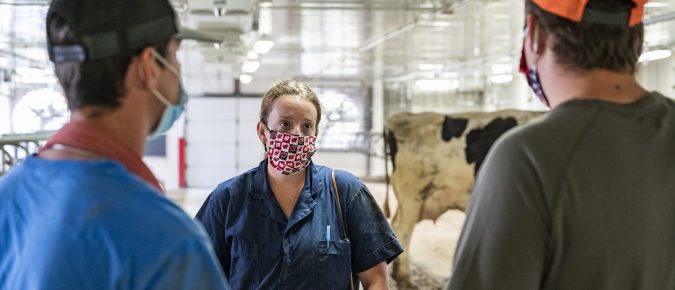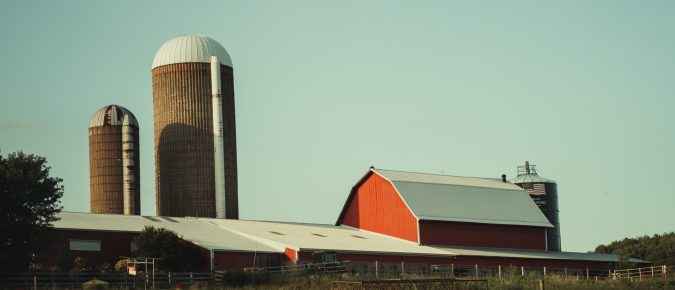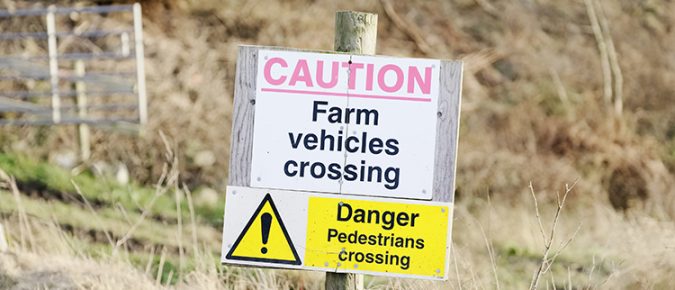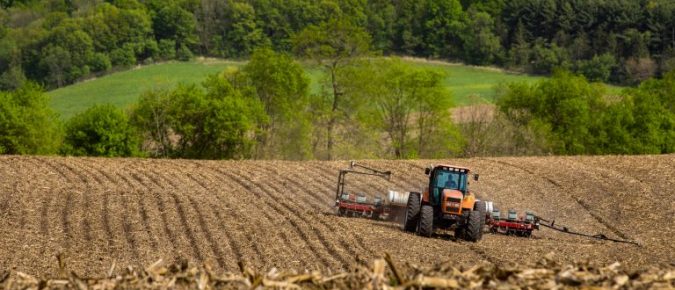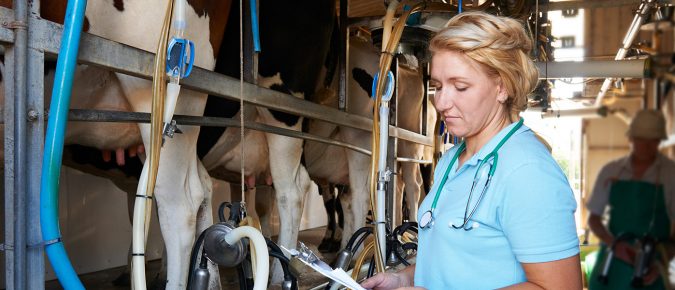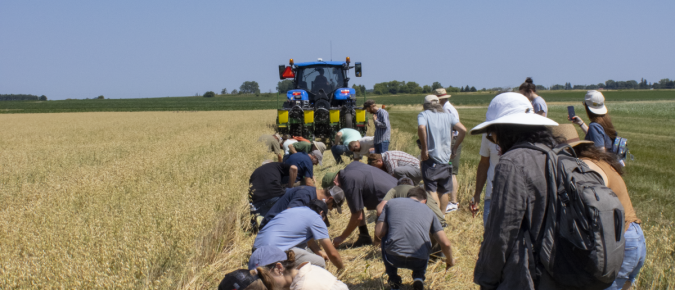The stress that comes from managing the ups and downs of everyday life in agriculture can be challenging. In this episode Dr. Judy Moskowitz, the original developer of WeCOPE and Dr. John Shutske, Professor and Extension Agricultural Safety & Health Specialist at UW–Madison Division of Extension help us understand how the skills of WeCOPE can help manage this stress.
Do you look forward to and dread the holiday season at the same time? The holiday season can be even trickier when you are a part of a family farm. Farmers are often juggling the end of crop harvest, year-end financial decisions and changing weather as we step into the full swing of the holiday season. A family farm blends home and workplace, creating a mix of family ties and work duties.
Every day, Wisconsin farmers and farm families face financial challenges, physical demands of the job, and challenges outside of their control that impact their lives. These challenges can lead to chronic stress that can affect a farmer’s mental and physical well-being, their relationships, and decision-making and create unhealthy coping mechanisms, such as alcohol and substance use.
Farming is an occupation that stirs passions in the hearts of those connected to agriculture. It is also important to admit that the risk of suicide among farmers is real. In fact, the rate is over three times higher among all who live in rural areas as compared to those who live in urban places.
Stress is everywhere, and there are many facets of our daily life where we encounter challenging times. For parents, it can be increasingly difficult to help our children navigate through these challenging and changing times when our own buckets feel dry many days.
Community is especially important in farming, as living and working in rural communities can feel isolating. Community can be defined many different ways, but in its simplest form, it is about connection. Community is about more than a group or organization. It is the feeling of belonging, being accepted, and having similar values and beliefs […]
The recently released Wisconsin Youth Risk Behavior Survey (YRBS) data from the Wisconsin Department of Instruction, notes that over half of Wisconsin students report significant problems with anxiety, and one-third report problems with symptoms of depression in the last year.
Every day, farmers and farm families face financial challenges, demands of the job, and changes outside of their control that impact their lives and livelihoods. Market volatility for inputs and outputs, access to labor, challenging weather conditions, and the pressure to grow and modernize are underlying drivers of this occupational stress.
Every day, farmers and farm families face financial challenges, demands of the job, and changes outside of their control that impact their lives and livelihoods. Market volatility for inputs and outputs, access to labor, challenging weather conditions, and the pressure to grow and modernize are underlying drivers of this occupational stress.
Trauma is often thought of as a one-time event that was “traumatic” to the person(s) involved in the event. However, trauma can come from so much more than just a one-time event.
Safety considerations to protect dairy farmers and employees from hazards involved with grain dust, manure storage and farm chemicals.
There are many stressors when owning and operating a farm business, and for many of you, a multi-generational farm business. Adopting a positive mindset with a focus on gratitude can help farm business owners better handle these stressors.
Whether it’s fire, flood, wind, or injury- a disaster on your farm can cause devastating loss and requires pre-planning to minimize the disruption.
As the harvest season approaches, put on your pilot’s cap. Get your team together. Pull out your manuals, checklists, and protocols. Be purposeful. Make the changes that need to be made, and make sure all of your team members have their wings! It’s a lot of work, I realize. But as we see from our friends in the airline industry, it does make a difference!
Used extensively as a source of nitrogen fertilizer due to its relative ease of application and wide availability, the obvious downside of anhydrous ammonia use is the serious hazard it presents to workers during transfer and application. The word “anhydrous” comes from the Greek, meaning “without water.” Because of the chemical’s strong affinity for water, […]
The top strategies include conducting regular educational meetings, promoting open employer-employee communication and acting in ways that create a workplace culture where safety is accepted, valued and viewed as key to business success.
The reduction in stress is a significant benefit of being a “good boss.” Then there’s the fact that well-trained employees take better care of cows and equipment.
Prospective farm equipment buyers today have several sources for finding the right machine for their operation. UW-Madison Extension offers tips for searching online for farm equipment.



